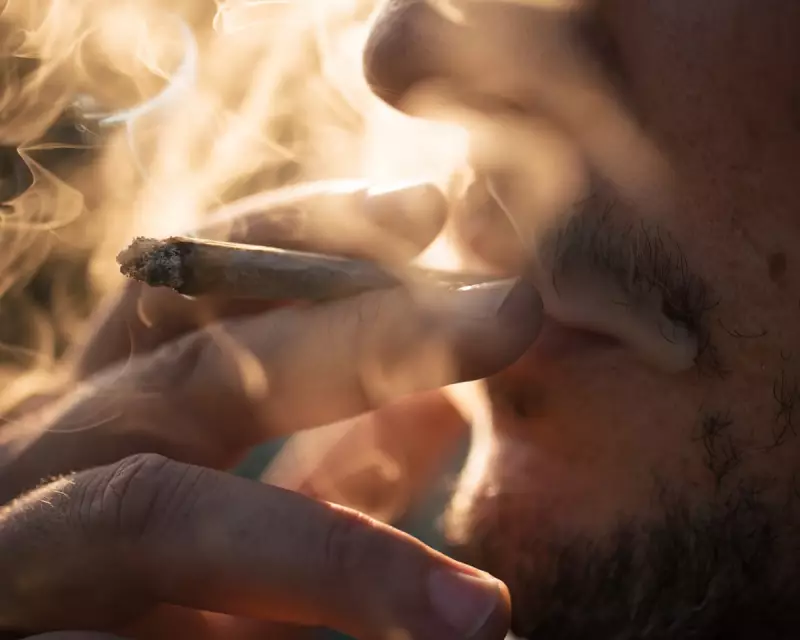
Could adopting a 'California sober' lifestyle – using cannabis while abstaining from alcohol – be a legitimate method for cutting down on drinking? Groundbreaking new research from the United States suggests this popular trend might have a scientific basis.
The Bar Lab Experiment
A team of researchers from Brown University designed a unique study to investigate the relationship between cannabis and alcohol. They created a controlled environment that meticulously replicated a real-life bar, complete with dark lighting and drinks on tap. The aim was to provide an authentic setting where participants would feel a genuine desire to consume alcohol.
Professor Jane Metrik, who led the study from Brown's behavioural and social sciences department, emphasised the importance of this realism. "We wanted to make sure that when given the opportunity, you would be really driven to drink," she told NPR.
Potency and Placebo: How the Study Worked
The experiment was conducted over three separate sessions. Participants were provided with marijuana joints to smoke before entering the 'bar lab'. Once inside, they could choose to consume up to eight mini alcoholic drinks. Crucially, the cannabis provided varied in potency each time: one session used a high-THC cannabis (7.2%), another a lower-THC variant (3.1%), and a third used a placebo cannabis containing only 0.03% THC.
The results, published in the prestigious American Journal of Psychiatry, were striking. When participants smoked the lower-THC cannabis, their alcohol consumption dropped by 19%. The effect was even more pronounced with the higher-potency cannabis, leading to a 27% reduction in alcohol intake compared to the placebo session.
A Shift in National Habits
This research arrives at a pivotal moment in shifting substance use trends. A 2024 Gallup survey indicates that marijuana consumption has doubled over the past decade, largely driven by expanded legalisation efforts. Concurrently, alcohol consumption has hit a record low, with many individuals turning to alternatives like cannabis.
It is noteworthy that within the Brown University trial, a significant portion of participants – 40% – met the criteria for alcohol use disorder. This suggests that cannabis could potentially serve as a harm-reduction tool for those struggling with heavy drinking. However, Professor Metrik cautions that more research is essential before any clinical recommendations can be made.
"We're not ready to tell people seeking treatment for alcohol, go ahead and substitute cannabis, and it will work out for you," she stated, highlighting the need for further investigation into this complex relationship.






